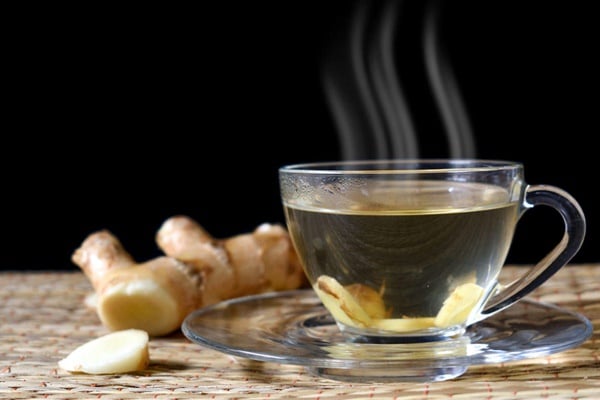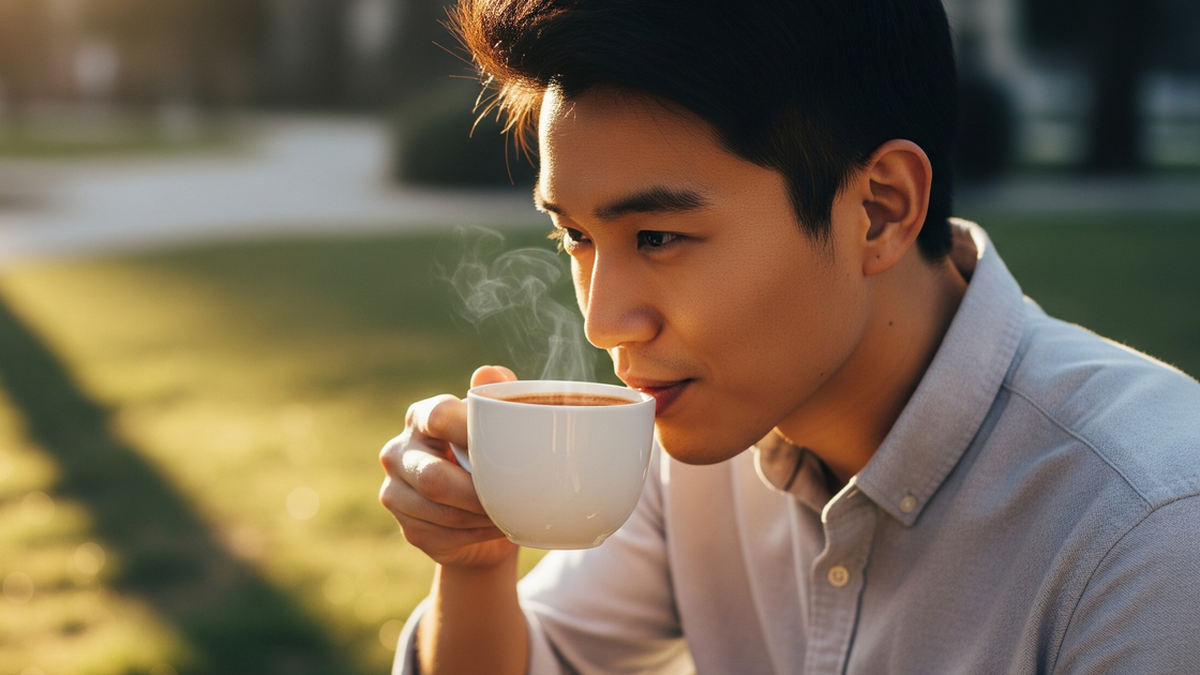1. How to improve bloating and indigestion caused by eating
Bloating is a condition characterized by a feeling of fullness, pressure, or bloating in the abdomen. Bloating can be caused by many factors, including diet, digestive problems, hormonal changes, and even stress.
Due to food: When eating certain foods such as; beans, broccoli, cabbage, onions, dairy products, artificial sweeteners can cause bloating and flatulence.
Eating too fast, eating too much: Eating too much food can cause bloating and discomfort, especially when eaten too quickly.
Irritable bowel syndrome: This is a common digestive disorder that causes gas, bloating, diarrhea, and constipation.
Constipation: When stool builds up in the colon, it can cause bloating and discomfort.
Gastroesophageal reflux disease: This is a condition in which stomach acid flows back into the esophagus, causing bloating, heartburn and nausea.
Food intolerances: Some people are intolerant to certain foods like gluten or lactose, which leads to bloating and other digestive symptoms.
Gut microbiota disorders: The gut microbiota is the collection of microorganisms that live in the digestive tract, playing an important role in digestion, metabolism, and immune function. When the balance of these microorganisms is disrupted, it leads to a variety of digestive symptoms, including bloating, gas, and abdominal pain.
According to Master, Doctor Vu Tan Phuc, a specialist in Gastroenterology, in most cases, changing diet and lifestyle can control and improve bloating and indigestion such as: eating slowly, chewing thoroughly; eating many small meals; exercising regularly...
Do not chew gum, drink carbonated drinks, do not smoke, avoid foods that can cause bloating and replace them with foods containing easier-to-digest carbohydrates such as: bananas, citrus fruits, pineapple, kiwi, papaya, yogurt, ginger, mint...

Ginger tea is a popular drink to use when suffering from bloating and indigestion.
2. Some drinks help reduce bloating and indigestion
Ginger tea
One of the well-known benefits of ginger tea is that it quickly relieves nausea, aids digestion, and reduces bloating and flatulence.
Ginger has antiviral, antibacterial, and anti-inflammatory properties. It also contains a digestive enzyme called zingibain, which helps the body break down proteins. It also has a relaxing effect on the intestines, reduces inflammation in the colon, helps food pass through the digestive system more easily, and effectively reduces bloating.
How to make ginger tea is very simple, just use fresh ginger, wash, peel, slice thinly, put in a pot with water and boil over low heat. Add the boiled ginger water mixed with a little sugar, stir well and drink.
Peppermint tea
Peppermint tea is known to relax the muscles in the digestive tract, helping to reduce bloating and indigestion. That is why people often drink peppermint tea after dinner, not only to help them feel relaxed but also to promote better digestion.
Chamomile tea
Chamomile is a popular ingredient in many herbal teas that help relieve fatigue and relax the mind. It also has anti-inflammatory properties, relaxes the digestive system and reduces bloating.
The main ingredient of the tea is dried chrysanthemum flowers, steeped in boiling water. You can drink chrysanthemum tea at any time of the day. However, you should drink it 30 minutes after eating, half an hour before going to bed. You should drink it after meals high in animal protein and fat to aid better digestion.
Fennel Seed Tea
Fennel is a natural diuretic and can help eliminate intestinal gas. The compounds anethole, fenchone, and estragole in fennel seeds have antispasmodic and anti-inflammatory properties, which help relax intestinal muscles and clear gas. As a result, fennel seed tea is often used to relieve gas and bloating. To use, steep fennel seeds in hot water and drink.
Lemonade
Lemon juice has an acidity similar to that of the stomach's digestive juices, which can help reduce bloating and other symptoms of indigestion. The best time to drink lemon juice is about 30 minutes after eating. Do not drink concentrated lemon juice, but dilute it with water to reduce the acid concentration. In particular, people with stomach problems should not drink too much or drink lemon juice on an empty stomach because it can erode the stomach lining, making the pain worse.

Drinking lemon water helps reduce bloating.
Pineapple juice
Drinking pineapple juice can aid digestion and effectively reduce bloating because pineapple contains a digestive enzyme called bromelain.
Bromelain is thought to aid digestion by breaking down proteins in the gut that can cause bloating. Bromelain also has antibacterial properties that help protect the gut from diarrhea-causing bacteria like E.coli and reduce intestinal inflammation.
Just one glass of fresh pineapple juice a day is enough and no sugar added.
Kefir
Kefir is a fermented milk drink that looks like thin yogurt, made with cow's or non-dairy milk, yeast, and healthy bacteria. It contains the digestive enzymes lipase (breaks down fat), lactase (breaks down lactose), and protease (protein).
Using kefir helps promote healthy gut microflora, reduce intestinal discomfort and aid digestion. Therefore, kefir is a good choice for people with bloating and indigestion.
Source: https://giadinh.suckhoedoisong.vn/7-loai-do-uong-giam-day-bung-kho-tieu-172240913060233395.htm






























![[Photo] National Assembly Chairman attends the seminar "Building and operating an international financial center and recommendations for Vietnam"](https://vphoto.vietnam.vn/thumb/1200x675/vietnam/resource/IMAGE/2025/7/28/76393436936e457db31ec84433289f72)





































































Comment (0)